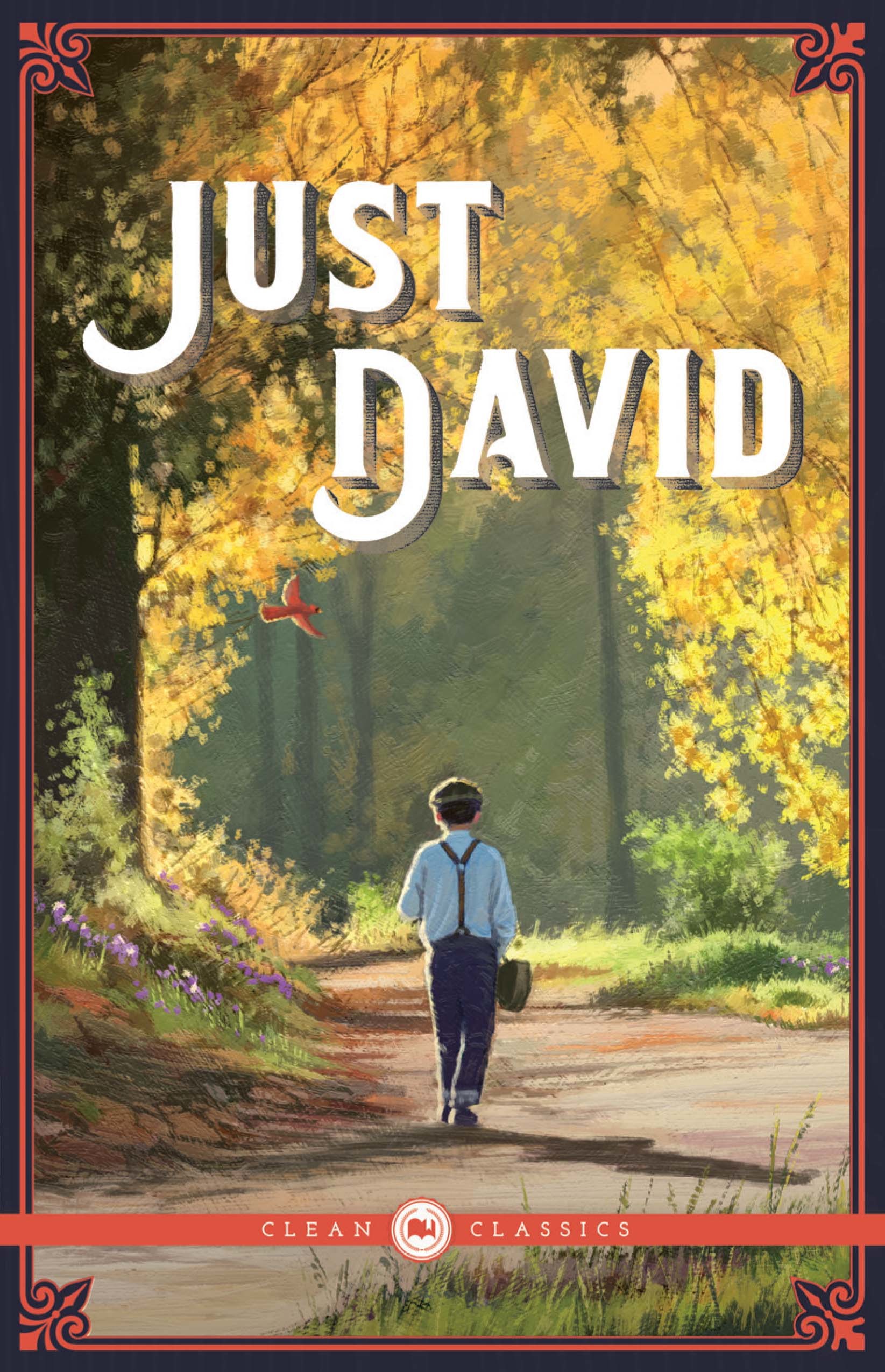Nuisances, Necessary and Otherwise
byNuisances, Necessary and Otherwise unfolds with David attempting to navigate the unfamiliar expectations of the Holly household. Used to a life of free exploration, he finds the structured routine stifling. When he offers to help with dishes, Mrs. Holly, surprised by the gesture, points out his dirty hands and sends him to clean them first. This simple task leads to a deeper conversation about what counts as useful work. David, shaped by his father’s belief in simplicity and nature, struggles to see the purpose behind housework that doesn’t seem to bring joy. To him, beauty lies in clouds, trees, and melodies—not dusting unused rooms filled with ornaments. Mrs. Holly defends her routines, yet David’s innocent questioning stirs something in her, planting a seed of doubt about whether her daily efforts actually add meaning to her life.
David’s confusion deepens as he explores the parlor—a room brimming with decorative clutter yet almost never used. He wonders why time is spent maintaining a space that serves no real purpose. Suggesting that it might be better to let go of unnecessary things, David unknowingly confronts Mrs. Holly’s emotional attachment to the room. For her, the objects are memories, each holding value beyond their surface. Yet the time consumed in their upkeep only feeds her weariness. While she doesn’t admit it aloud, David’s remarks strike a quiet chord. Later, when he encourages her to take a walk in the fresh air instead of staying inside, she hesitates but considers the offer. The moment reflects a subtle tug between old habits and new possibilities.
As David continues to adjust, his longing for music and the outdoors remains strong. Every task he’s assigned—hoeing, sweeping, following orders—feels hollow compared to the joy of playing his violin or watching the clouds. But his desire to contribute is sincere, even if misunderstood. His questions aren’t meant to criticize but to understand. He doesn’t grasp why rules exist that keep people from enjoying life’s simple pleasures. While the adults around him view many chores as necessary, David gently introduces the idea that happiness and meaning may not always come from obligation, but from harmony, beauty, and small joys that are often overlooked.
The most striking part of the chapter emerges when a lost French woman and her young son arrive at the Holly doorstep. They are disoriented and unable to communicate with anyone—until David surprises everyone by speaking fluent French. He quickly learns of their situation and organizes help, arranging a wagon to take them to their relatives. Mrs. Holly and Perry are both stunned and impressed, realizing there’s far more to the boy than they had assumed. Simeon, however, remains reserved, unable to decide whether David’s talents are a blessing or a disruption. For David, though, it’s simply another opportunity to help. He views language like music—a way to understand and connect.
This moment becomes a turning point in the way David is perceived. His abilities, nurtured by his father far from society, are unfamiliar but undeniably useful. Though the Hollys had seen him as a burden, this act of kindness begins to reshape that perspective. Mrs. Holly, in particular, is affected by David’s ability to bring peace and direction in a confusing moment. David doesn’t see what he did as remarkable—it was, to him, simply the right thing to do. But that humility, paired with competence, challenges the Hollys’ assumptions about what matters in a person.
In the quiet that follows, a shift begins. The routines and rules that once seemed firm now feel less certain. Mrs. Holly watches David more closely, noticing how his music changes the energy of the room and how his presence, once disruptive, might actually be healing. David’s innocence isn’t a flaw—it’s a mirror, showing others what their lives have become. Through one small boy, a household rooted in order and burden begins to reconsider what it means to live fully. Music, compassion, and curiosity may not be listed among the “necessary,” but in David’s world, they are the very heart of what makes life worth living.

